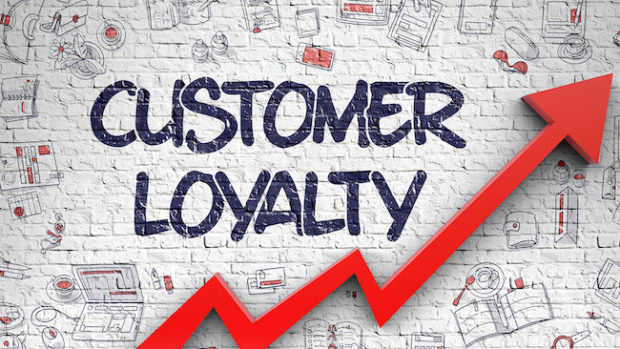Buy now pay later schemes are luring people into living beyond their means according to a recent survey by Hastee. Half of respondents said buy now pay later options encourage them to spend money they don’t have and this rises to 59 per cent for millennial respondents (those aged 18-35).
Buy now pay later schemes have become a popular interest bearing option where retailers allow consumers to delay payments on their purchases for a specified period. More than a quarter of respondents (27 per cent) said they have experienced difficulties after using buy now pay later schemes. The same percentage of respondents said they have experienced problems after using payday loans which have come under increased scrutiny in recent years, resulting in the Financial Conduct Authority (FCA) stepping in to apply limits on daily borrowing.
Millennials are the worst-hit age group when it comes to experiencing difficulties after using buy now pay later schemes – over a third (36 per cent) said this has been the case. Financial stress has impacted their social lives (50 per cent), relationships (40 per cent), health (39 per cent) and work (38 per cent).
The survey revealed that workers across all salary bands agree that the schemes encourage them to spend money they don’t have. The figure tends to rise in the higher salary bands, highlighting that this issue is not exclusive to lower paid workers:
- Up to £20k salary: 45 per cent
- £20-30k salary: 49 per cent
- £30-40k salary: 52 per cent
- £40-50k salary: 43 per cent
- £50-27k salary: 50 per cent
- £75-100k salary: 59 per cent
- Over £100k salary: 77 per cent
“Buy now pay later schemes might seem an attractive option for consumers but they’re proving to be as problematic as more traditional forms of credit,” says Hastee CEO James Herbert. “While they seem like a good short term solution, they can cause consumers issues in the longer term. Missed payments can impact credit scores, cause longer term debt problems and could create an unhealthy reliance on credit cards and overdrafts as users struggle with repayments.
Our advice for anyone tempted by one of these schemes is to make sure you’ve weighed up the affordability of the purchase and explored all options before making any commitments. If you can’t afford the repayments, consider whether you really need the item or work out another way of paying for it that won’t cause you long term financial difficulty. There are plenty of digital money management tools that work together to help people live comfortably and within their means, such as challenger banks, earnings on demand solutions and budgeting apps.”








Share